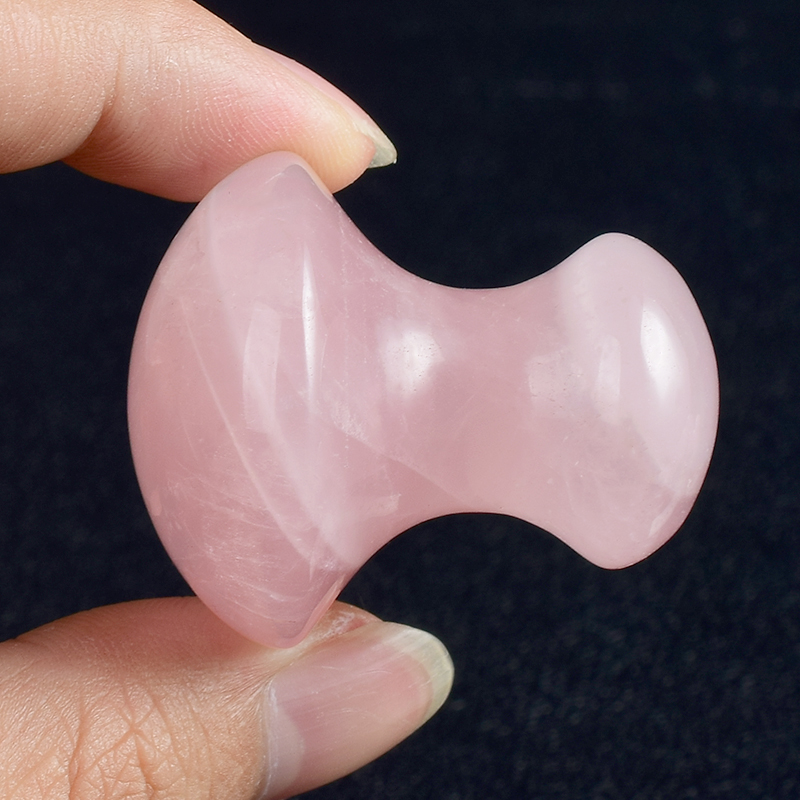Alcohol poisoning is a common condition, especially prevalent among individuals who enjoy drinking alcohol. It can cause the central nervous system to first become excited and then suppressed, and in severe cases can lead to respiratory and heart failure, putting life in danger. Fortunately, timely treatment can effectively save lives and reduce complications. Here are several treatment methods for alcohol poisoning:
1. Acupuncture treatment: Professional acupuncturists can alleviate withdrawal symptoms in individuals quitting alcohol, help prevent potential seizures, and increase the likelihood of completing the alcohol cessation treatment plan.
2. Massage therapy: As part of physical therapy, massages can help relax the body, alleviate anxiety during the quitting process, and promote recovery.
3. Hydrotherapy: Using mild saltwater baths can help eliminate drugs and toxins from the body. It is recommended to dissolve a moderate amount of sea salt or baked soda in warm water and soak for 10 to 20 minutes daily.
4. Hypnotherapy: For those who drink to drown sorrow, hypnotherapy can help address psychological barriers, especially in coping with stress.
In terms of diet, it is recommended to consume foods like snails, clams, scallions, celery, and others. Avoid spicy foods such as chili peppers, garlic, ginger, cinnamon, and fennel. To accelerate body recovery, drink plenty of water, eat fruits (such as pears, oranges, apples, watermelons, tomatoes), supplement with vitamin B1 and vitamin E, or utilize specific dietary methods, such as consuming a mixture of sugar water and vinegar.
From a Western medicine perspective, the primary treatment for mild alcohol poisoning is to immediately stop drinking. For patients with a deep dependence on alcohol, medication assistance may be necessary to alleviate withdrawal symptoms. Under medical supervision, handling poisoning conditions effectively can be done through intravenous fluid administration, using naloxone to promote sobriety, and appropriately using diuretics. Furthermore, establishing healthy lifestyle habits and psychological support are equally important for long-term alcohol cessation.
Alcohol poisoning symptoms vary and are closely related to individual alcohol consumption and physical condition. Therefore, recognizing signs of poisoning and taking timely action is crucial, with severely intoxicated individuals requiring immediate medical attention.


